- Informatii telefonice:(+40) 748 400 200
Soviet Asia | Roberto Conte, Stefano Perego, Damon Murray, Stephen Sorrell
Cod intern: xsales_1386488Producator: Fuel Publishing
Vizualizari: 41 / Achizitii: 22
Stoc: In stoc
Pret: 141.0 RON
Acest produs este publicat in categoria Librarie la data de 15-03-2025: 10:03 si vandut de Carturesti. Vanzatorul isi asuma corectitudinea datelor publicate. ( alege finantarea potrivita )
-
Produs cu garantie
-
Livrare direct din stocul fizic al Carturesti
-
Retur gratuit minim 14 zile de la data achizitiei
A fantastic collection of Soviet Asian architecture, many photographed here for the first time Soviet Asia explores the Soviet modernist architecture of Central Asia. Italian photographers Roberto Conte and Stefano Perego crossed the former Soviet republics of Kazakhstan, Kyrgyzstan, Uzbekistan and Tajikistan, documenting buildings constructed from the 1950s until the fall of the USSR. The resulting images showcase the majestic, largely unknown, modernist buildings of the region. Museums, housing complexes, universities, circuses, ritual palaces - all were constructed using a composite aesthetic. Influenced by Persian and Islamic architecture, pattern and mosaic motifs articulated a connection with Central Asia. Grey concrete slabs were juxtaposed with colourful tiling and rectilinear shapes broken by ornate curved forms: the brutal designs normally associated with Soviet-era architecture were reconstructed with Eastern characteristics.Many of the buildings shown in Soviet Asia are recorded here for the first time, making this book an important document, as despite the recent revival of interest in Brutalist and Modernist architecture, a number of them remain under threat of demolition. The publication includes two contextual essays, one by Alessandro De Magistris (architect and History of Architecture professor, University of Milan, contributor to the book Vertical Moscow) and the other by Marco Buttino (Modern and Urban History professor, University of Turin, specializing in the history of social change in the USSR).

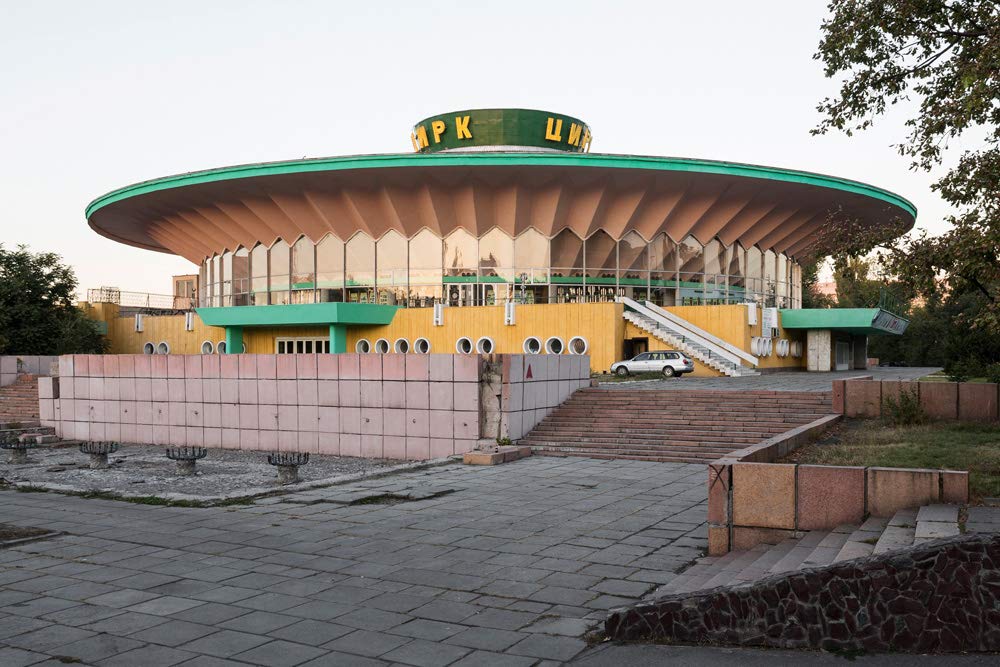


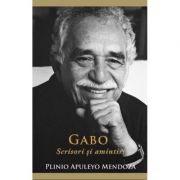













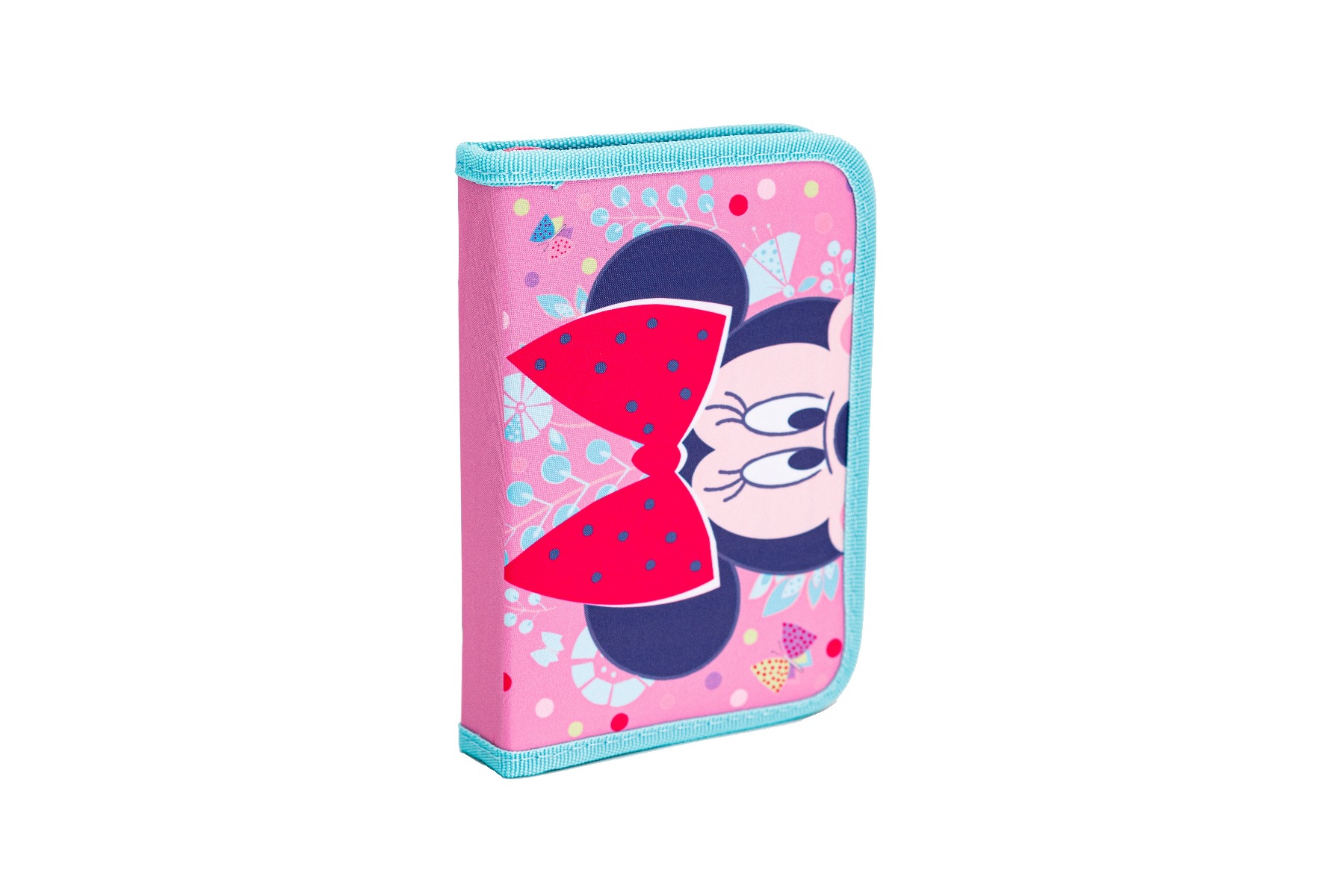

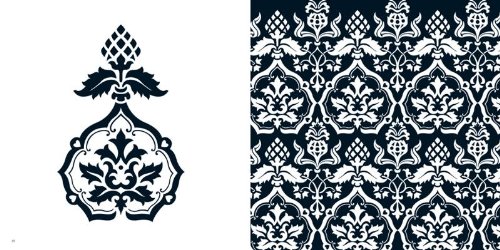

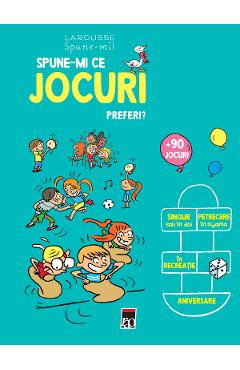




Scrie parerea ta
Soviet Asia | Roberto Conte, Stefano Perego, Damon Murray, Stephen Sorrell
Ai cumparat produsul Soviet Asia | Roberto Conte, Stefano Perego, Damon Murray, Stephen Sorrell ?
Lasa o nota si parerea ta completand formularul alaturat.
A fantastic collection of Soviet Asian architecture, many photographed here for the first time Soviet Asia explores the Soviet modernist architecture of Central Asia. Italian photographers Roberto Conte and Stefano Perego crossed the former Soviet republics of Kazakhstan, Kyrgyzstan, Uzbekistan and Tajikistan, documenting buildings constructed from the 1950s until the fall of the USSR. The resulting images showcase the majestic, largely unknown, modernist buildings of the region. Museums, housing complexes, universities, circuses, ritual palaces - all were constructed using a composite aesthetic. Influenced by Persian and Islamic architecture, pattern and mosaic motifs articulated a connection with Central Asia. Grey concrete slabs were juxtaposed with colourful tiling and rectilinear shapes broken by ornate curved forms: the brutal designs normally associated with Soviet-era architecture were reconstructed with Eastern characteristics.Many of the buildings shown in Soviet Asia are recorded here for the first time, making this book an important document, as despite the recent revival of interest in Brutalist and Modernist architecture, a number of them remain under threat of demolition. The publication includes two contextual essays, one by Alessandro De Magistris (architect and History of Architecture professor, University of Milan, contributor to the book Vertical Moscow) and the other by Marco Buttino (Modern and Urban History professor, University of Turin, specializing in the history of social change in the USSR).
Acorda un calificativ